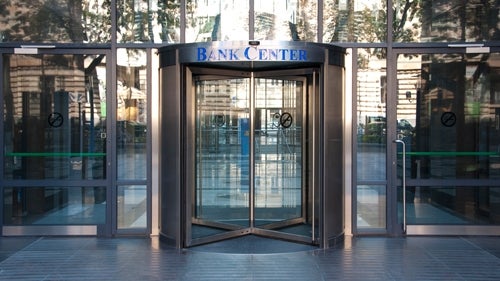
The Small Business Administration, or SBA, is an invaluable resource to small business owners and entrepreneurs. There is a wide range of SBA programs that are designed to help you both as you hope to start your business and as you continue to operate your small business. Help from the SBA is broadly divided into four different categories.
Financing Help
The first kind of help available from the SBA is financial. The SBA does not give out loans to small businesses itself, but it works with you to get loans from banks and other sources of capital. You can get help in obtaining a variety of types of loans. The two primary are the 7(a) and the CDC/504 loans. The 7(a) loan is the primary loan from the SBA, and allows startups or existing businesses to acquire funding, with a portion of the loan guaranteed by the SBA.
On the other hand, 504 loans are intended for existing businesses looking to expand or modernize, projects requiring large amounts of upfront capital. This kind of loan draws funding from multiple sources, including up to 50 percent from a private sector lender, up to 40 percent from a CDC (Certified Development Company, partnering with the SBA), and at least 10 percent from the borrower.
The one circumstance where the SBA will directly issue loans is with disaster loans; SBA programs offer a variety of disaster loans to repair and rebuild so your business can recover.
Training Opportunities
The SBA also offers a variety of programs that will help you learn more about running a business. You can find free small business counseling either online or in person to help you get your business up off the ground. In addition, there are a variety of programs specifically tailored to women, Native Americans, minorities, veterans, rural areas, and entrepreneurs over 50. These training programs will help you not only refine your business idea, but will also help you navigate the many laws that affect your business.
Government Contracts
According to the Small Business Act, 23 percent of government contract dollars must be awarded to small businesses. The SBA works with both government agencies and small businesses to ensure that these contracts are properly awarded and that as many small businesses as possible are able to compete and participate in government contracts. There are programs offering support in obtaining these funds and contracts, and helping you learn how to work with government agencies on projects.
Small Business Advocacy
One of the primary functions of the SBA is to provide a voice for small businesses in the legislative process. The advocacy programs at the SBA work to minimize costly, harmful regulations on small businesses. The SBA then offers all the information you need about complying with regulations, making sure that your business meets any required guidelines.
To find out more details about SBA programs, visit the Small Business Administration website, and find the programs that can most help your business. Don’t let this resource go to waste!
Published: December 17, 2012
6442 Views
6442 Views












